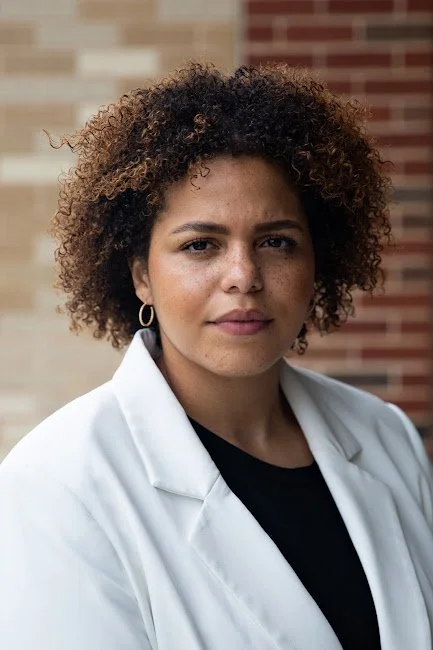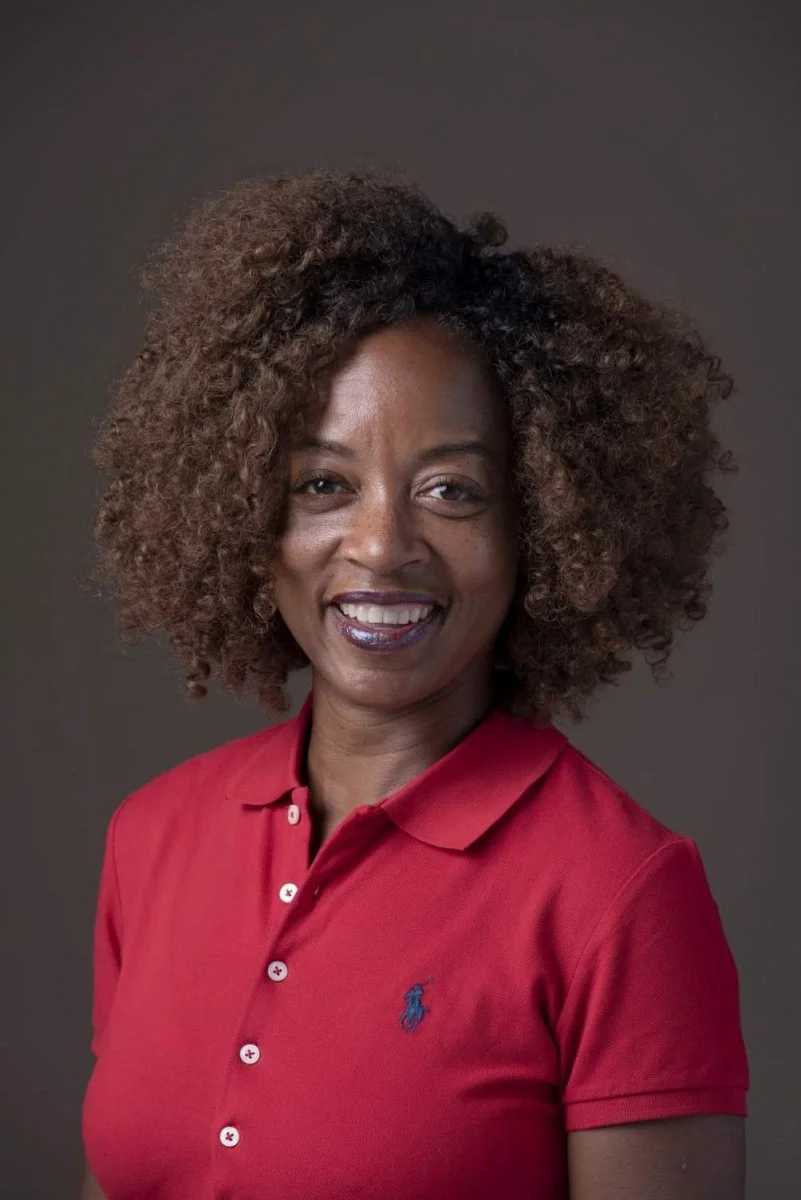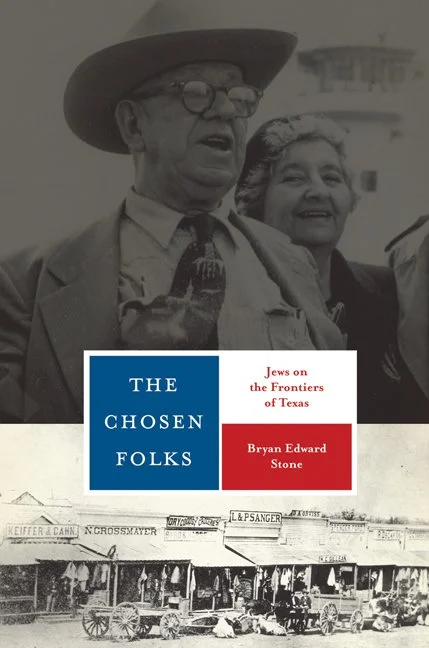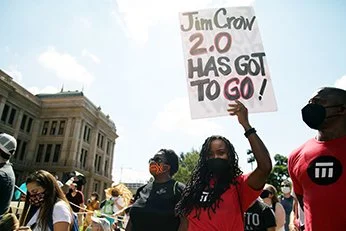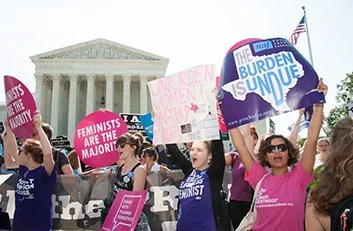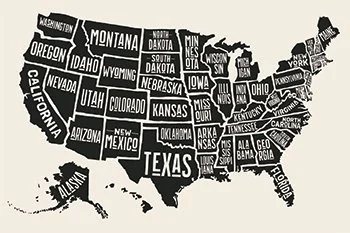Some Fine States, Part I - Texas
The Lone Star State has become a laboratory for wedge-issue politics and voter suppression
Read
Besides all but banning abortions, GOP leaders in Texas are limiting what students may learn about slavery, sidelining transgender athletes, allowing citizens to carry guns unlicensed, and making voting more difficult. This week a high-school teacher explains why those education reforms hurt classrooms and democracy. Plus, we hear from two historians about all those other divisive measures... Join Siva and guest-host Allison Wright of VQR as they speak Texan with a couple of old friends from their graduate school days.
Dwonna Goldstone of Texas State University and Bryan Edward Stone of Del Mar College are both inspired by their undergraduates — who are engaged, mobilized and registered to vote now more than ever. Still, these two dedicated professors know the state’s history of segregation and disenfranchisement as well as anyone. And they’re worried that the headwinds of political entrenchment in Texas on strong.
Dallas history teacher Anaïs Childress, meanwhile, is seeing the effects of the antidemocratic machine play out every day as she navigates regressive changes to the K-12 curriculum. Texas legislators say they don’t want class assignments to make students feel “discomfort” on account of their race. But Childress counters that the public education system has been making students of color feel uncomfortable for generations.
Meet
Anaïs Childress teaches history and African-American studies at Hillcrest High School in Dallas, where she is also serving as an interim assistant principal. She helps run her school’s “social impact” program, which guides students in researching, debating and crafting policy proposals. Follow Childress on Twitter @MrsAChildress.
Dwonna Goldstone is an associate professor of history and the director of African-American studies at Texas State University, in San Marcos. Her research focuses on the experiences of Black women the Unites States. Goldstone received the Coral H. Tullis Memorial Prize for the best book on Texas history, for Integrating the Forty Acres: A Fifty-Year Struggle for Racial Equality at the University of Texas (University of Georgia Press, 2012). Follow her on Twitter @JohnDeereTract9, and the Texas State program she directs @txstaas.
Bryan Edward Stone is a professor of history at Del Mar College in Corpus Christi, Texas, where he was named the 2021 Teacher of the Year. Stone specializes in the Jewish-American past and is the author of The Chosen Folks: Jews on the Frontiers of Texas (University of Texas Press, 2010). He serves as managing editor of the journal Southern Jewish History. Follow Stone on Twitter @bestoneTX.
Childress teaches Black history using class projects that her students themselves help design — work that was featured earlier this year in Advocate Magazine. She also promotes immersive teaching methods that give her the opportunity to get to know students outside the classroom, on trips to places like New York, Washington and even Beijing.
Like many educators, Childress is troubled by the Texas legislature’s attack on the latest bugaboo of the right — “critical race theory.” But, as she told the Texas Tribune in August, one underappreciated aspect of the new law, known as Senate Bill 3, could actually help students by prohibiting teachers from actively imposing their political views in the classroom.
In Integrating the Forty Acres Goldstone looks at how UT-Austin administrators officially dismantled segregation — while undermining real racial integration. It’s a problem, she says, that persists today.
Along with the many citizens who took a stand against police violence in 2020, the University of Texas football team called on administrators to better accommodate Black students — and to replace the school’s song, “The Eyes of Texas,” which has its origin in minstrel shows. Read Goldstone’s op-ed supporting the players’ demands.
Stone’s The Chosen Folks traces the story of Jewish settlers in Texas and their descendants, from the Spanish Inquisition in the late 16th century to the present.
He also edited and wrote the introduction to a new translation of Alexander Z. Gurwitz’s Memories of Two Generations: A Yiddish Life in Russia and Texas. In it, Gurwitz recounts the journey he took with his wife and children in the early 1900s, from tsarist Eastern Europe to the frontier communities of the United States.
Learn
As demographic and economic growth powers social change in Texas, the state Republican juggernaut may be swamped in the tide, writes Steven Pedigo of UT-Austin’s Lyndon B. Johnson School of Public Affairs.
Catch up on Alex Ura’s coverage of politics, race and voting rights for the Texas Tribune. Recent stories consider state senators’ efforts to audit the 2020 election — under pressure from former President Trump — and secret payments to a GOP operative who is helping to redraw voting districts in the state.
Texas’s antiabortion law, known as Senate Bill 8, bans the procedure after the sixth week of pregnancy, which is later than many women realize they’re pregnant, and it deputizes citizens to report violations. The law is facing a federal challenge but for now has shut down operations at abortion clinics in the state, and forced desperate women across state lines to end unwanted pregnancies. Antiabortion activists often cite religious beliefs as a primary motivation in seeking to overturn the protections afforded women in Roe v. Wade — but under S.B. 8 even Jewish rabbis could be targets of enforcement.
Students have been rallying behind a principal in Colleyville, Texas, who was recently suspended on allegations he was pushing “critical race theory” in the school’s curriculum. Read more about S.B. 3 here.
Even though Democratic lawmakers fled the state to prevent a quorum, Gov. Abbott eventually succeeded in signing Senate Bill 1 last month, imposing restrictions on voting largely aimed at big, diverse counties where Democrats are dominant.
Lauren Jackson of the New York Times podcast The Daily offers this primer on critical race theory. Find out more about the 1619 Project — explicitly banned in Texas public schools under S.B. 3.
Interested in other curricular options? Childress recommends Reconstruction, an educational platform that helps teachers empower Black students who are learning online.
Heard on the Show
At the top of the show, you’ll hear scoring with a song called “1947 / Port of Texas City Industrial Clamor,” from Cloudwarmer — what bandmembers Eddie Palmer and Brett Zehner bill as an “eco-horror project.” That song is off their 2018 album Anthropocene.
We also borrowed a few pieces from a favorite artist of podcasters everywhere: Podington Bear. Those tracks are “Gears Spinning,” “Refraction” and “Lucky Stars.”
The segment with Childress closes on Michael Chapman & The Woodpiles performing “A Stranger’s Map of Texas.”
Our show-stopper this time is a live recording at KBOO Community Radio in Portland, Ore., in August 2017, of Miller and Sasser crooning “East Texas Pines.”
And you may notice Siva and Allison cutting in with their nod to “Deep in the Heart of Texas” during the show credits. Well, listen to this better version from the UT Longhorn Band, which regularly plays the popular tune at football pregames.
About This Series
This is the first episode in a miniseries on critical issues in government by the people around the United States. Join Will and Siva as they examine how state capitals have become battlegrounds for acrimonious national politics — but also, at their best, experiments in defending the democratic process and democratic ideals.




